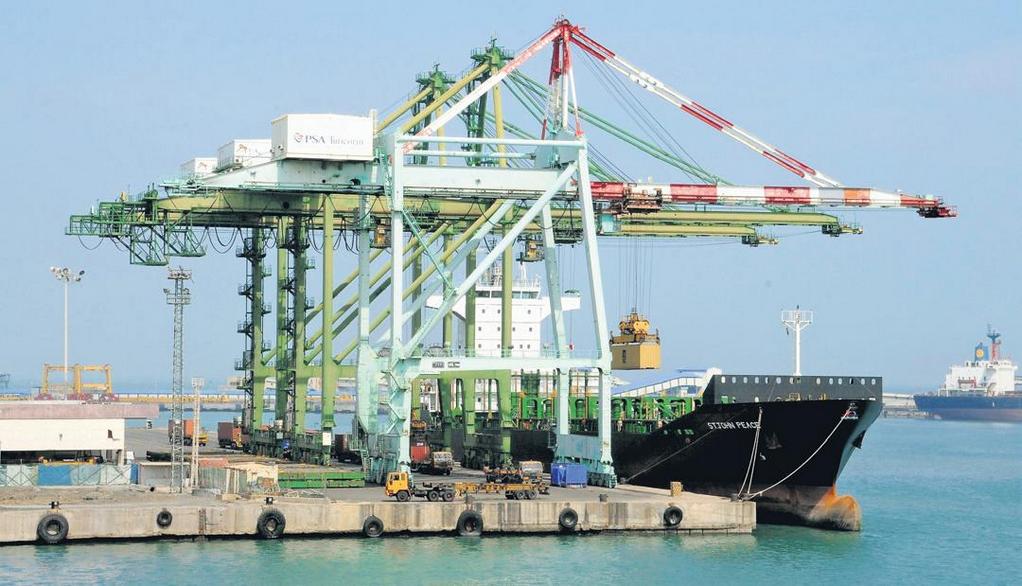VOC Port in Thoothukudi is aiming to become the green hydrogen hub of India. The port is planning to establish a green hydrogen plant with a daily capacity of 10 tonnes to gain experience in generating, storing, transporting, transmitting and bunkering green hydrogen and its derivatives such as green ammonia and methanol.
The plant will be established on 1,500 acres at Hare Island, surrounded by the sea on three sides and has very little human activity, making it an ideal location for hydrogen generation and storage, said the port’s chairman, T K Ramachandran.
The port is already on its way to becoming the first 100% green port in the country, with its wind and solar power projects nearing completion.
Four years ago, the port established a station to gauge wind speed and found that it had wind speeds of five to six metres per second, one of the highest in India. A study by National Institute of Wind Energy highlighted the port has the potential to generate for 130 MW of wind energy, and based on this, the port implemented a 5 MW ground-mounted solar, 1 MW rooftop solar, and 2 MW wind power project. The port’s requirement for power is between 5 MW to 7 MW, which will be fulfilled through the projects that are nearing completion.
The biggest challenge in becoming a green hydrogen hub is the availability of adequate water. To overcome this, the port plans to establish a desalination plant that will be run with the help of renewable energy generated by the port.
Producing 1 kg of hydrogen using an electrolyzer, a promising option for carbon-free hydrogen production from renewable and nuclear resources, requires an average of 55 kW to 60 kW of solar energy, according to Dr Abha Bharti, who did her post-doctoral fellowship with the Centre for Fuel Cell Technology.
The state government has given a mandate to specific companies like ACME Group and ReNew Power to establish hydrogen plants in Thoothkudi, but land could be an issue for finalizing the projects. It is learned from Industry department sources the state has received around seven to eight proposals, and are reviewing them. The final decision will be taken once the Green Hydrogen Policy is announced.
Meanwhile, VOC Port has already allotted some land to a few firms for storage of Green Hydrogen. Under the National Green Hydrogen Mission, the initial outlay for the mission is Rs 19,744 crore, including Rs 17,490 crore for Strategic Intervention for Green Hydrogen Transition (SIGHT) programme.
Tags: Green Hydrogen, India, Methanol, Storage, VOC Port



Recent Posts
PIL Conducts First Simultaneous Cargo and LNG Bunkering in Singapore
NYK Takes Delivery of LNG-Fuelled Capesize Bulker SG Dawn
Swire Shipping joins Achilles Maritime Network to strengthen supply chain sustainability and compliance
L&T Open to Minority Stake Sale in Green Hydrogen and Ammonia Projects
Government Briefs Parliament on Oil, Gas, and Alternative Fuel Projects
Angola’s NVS Targets Green Methanol Production for Multiple Sectors
CBH Group Trials Biofuels to Cut Maritime Emissions in Grain Exports to Europe
Grimaldi Group Takes Delivery of Ammonia-Ready PCTC Grande Tianjin